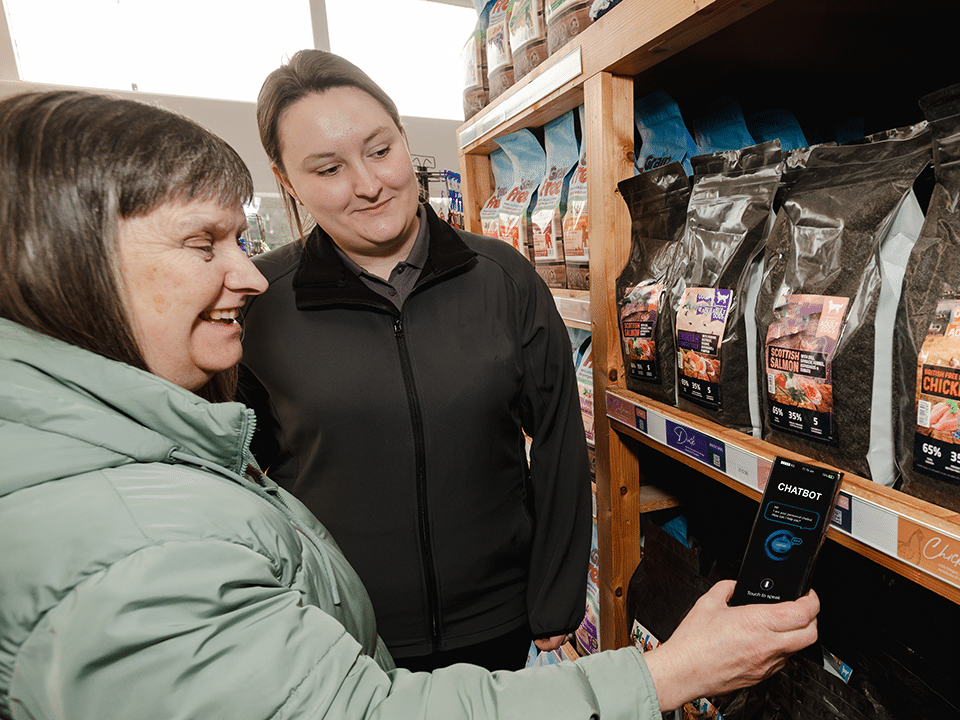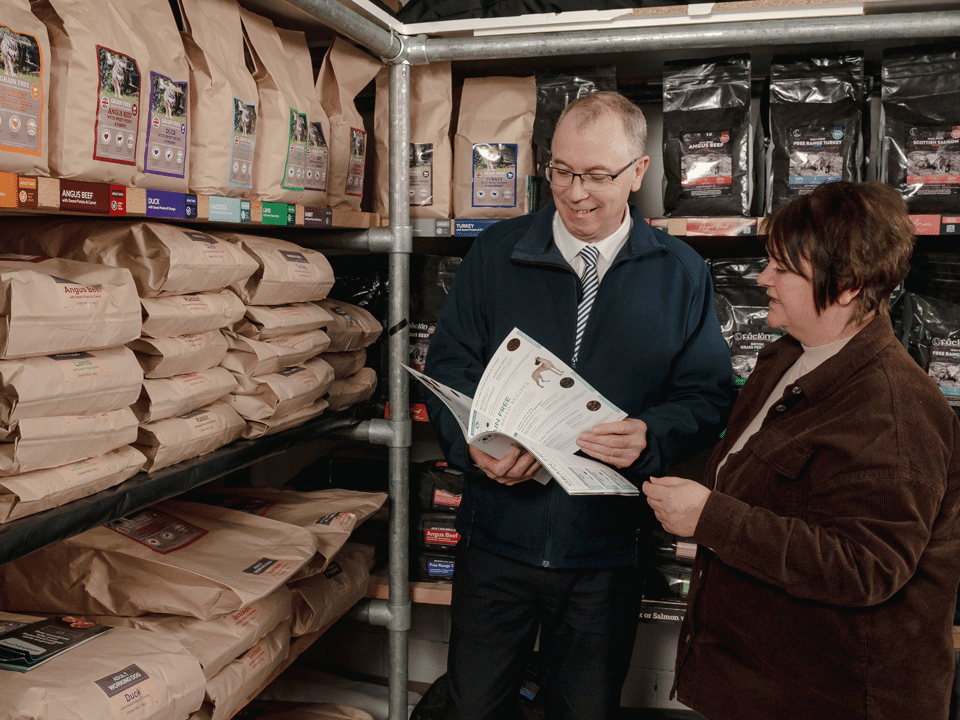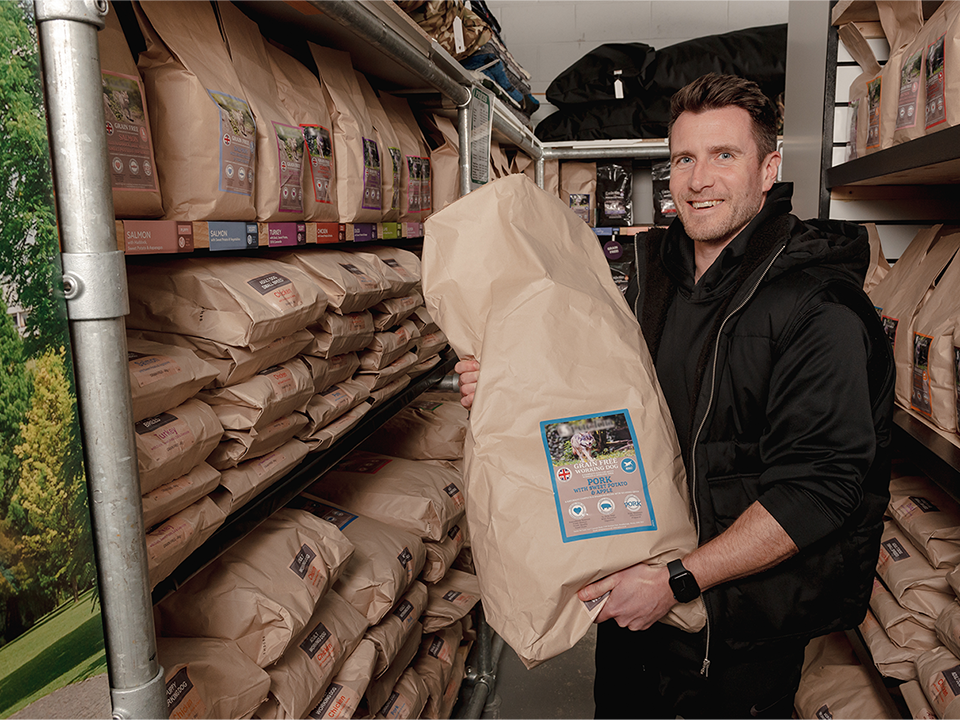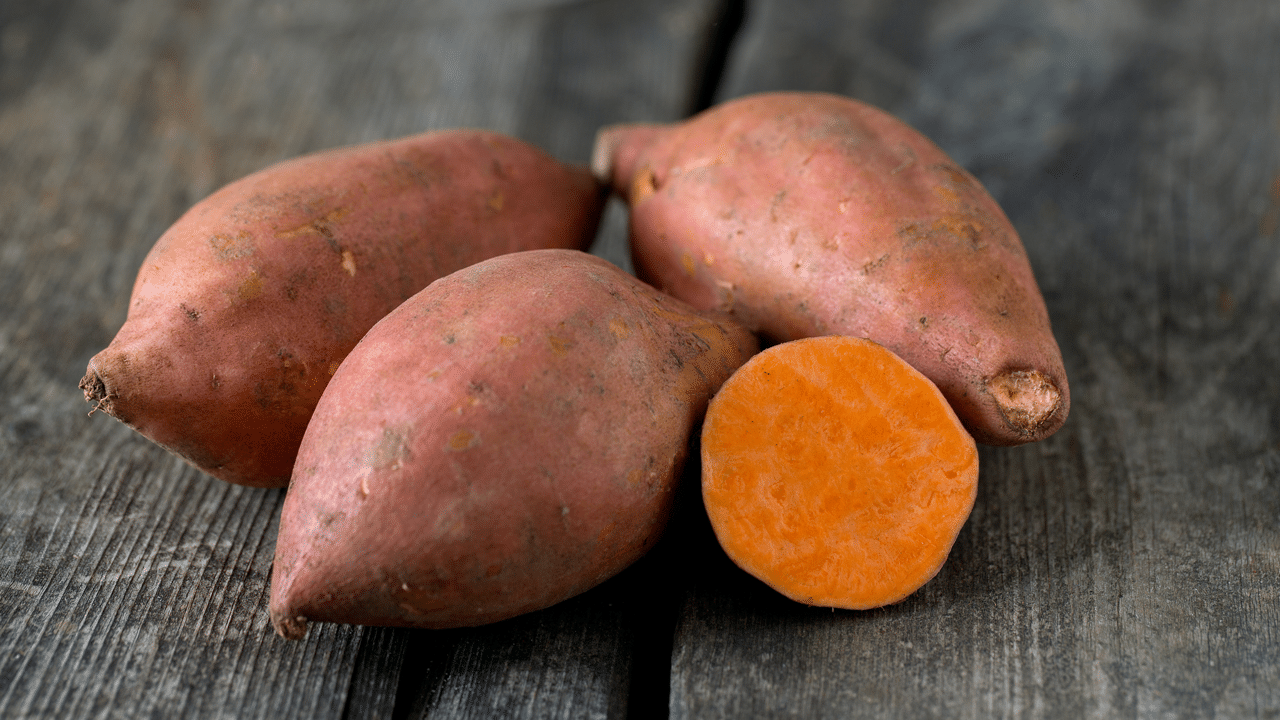
A common question is why are carbohydrates in pet food? There are many benefits to carbohydrates in pet food; however, various pet-related blogs and websites seem to degrade them. We look into the evidence that opposes some of the commonly heard arguments.
Carbohydrates defined
Carbohydrates are an essential part of a pets’ diet and one of three categories of macronutrients alongside protein and fat in the diets of animals. Sugars, starches and dietary fibres are types of carbohydrates that play different roles in the diet.

Carbohydrates in pet food – Sugars
Sugars are the smallest and simplest form of carbohydrates. The most basic form of carbohydrate is glucose which is a monosaccharide. Glucose is the most important energy source in animal cells but is rarely found in nature. When enzymes break down starch, glucose becomes available. These small glucose molecules can pass through the cell membrane and release energy when metabolised. In nature, most available sugars are in the form of disaccharides (two monosaccharides joined together). Examples include; sucrose, lactose, and maltose.
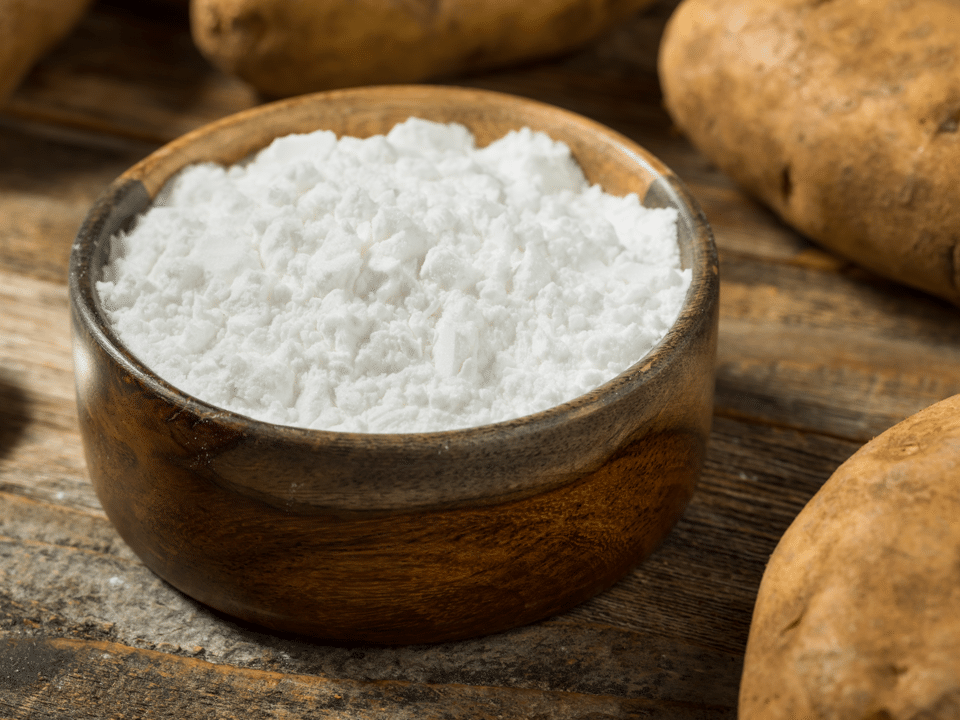
Carbohydrates in pet food – Starch
Despite the perception that some dogs should be fed the same food as wolves, studies have confirmed they can digest starches and break them down into sugars as an available energy source. Whilst cats don’t have a specific requirement for starches, they are able to utilise them as an energy source. Both cats and dogs have the necessary enzymes to break starch down into small molecules, which can help to produce energy for their cells. In the wild, both cats and dogs would consume some carbohydrates from the digestive tract of their prey.
Starch also plays an important role in the structure of kibble. Dry extruded pet foods require an amount of structure-forming ingredients, like starches, to support the kibble’s shape, texture, and expansion.
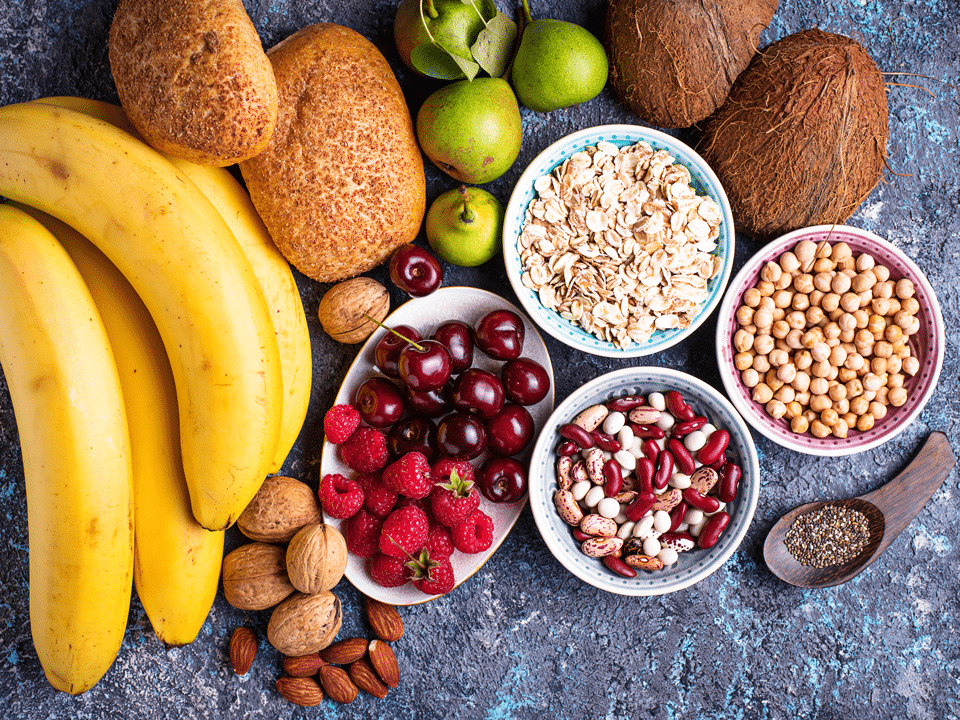
Carbohydrates in pet food – Fibre
Depending on its solubility and fermentability, dietary fibre can provide health benefits to cats and dogs. Soluble fibre dissolves in water and is fermented in the colon. This type of fibre supports digestion by stimulating the growth of beneficial intestinal microbes through fermentation, which helps to reduce harmful bacteria colonisation. Insoluble fibre does not dissolve in water and instead absorbs water as it moves through the digestive tract. This type of fibre helps to form a bulk to pass through the digestive tract and help with faecal consistency. Insoluble fibre does not provide energy and will not contribute to weight gain. This type of fibre may be used in ‘light’ diets to help provide satiety without contributing energy.
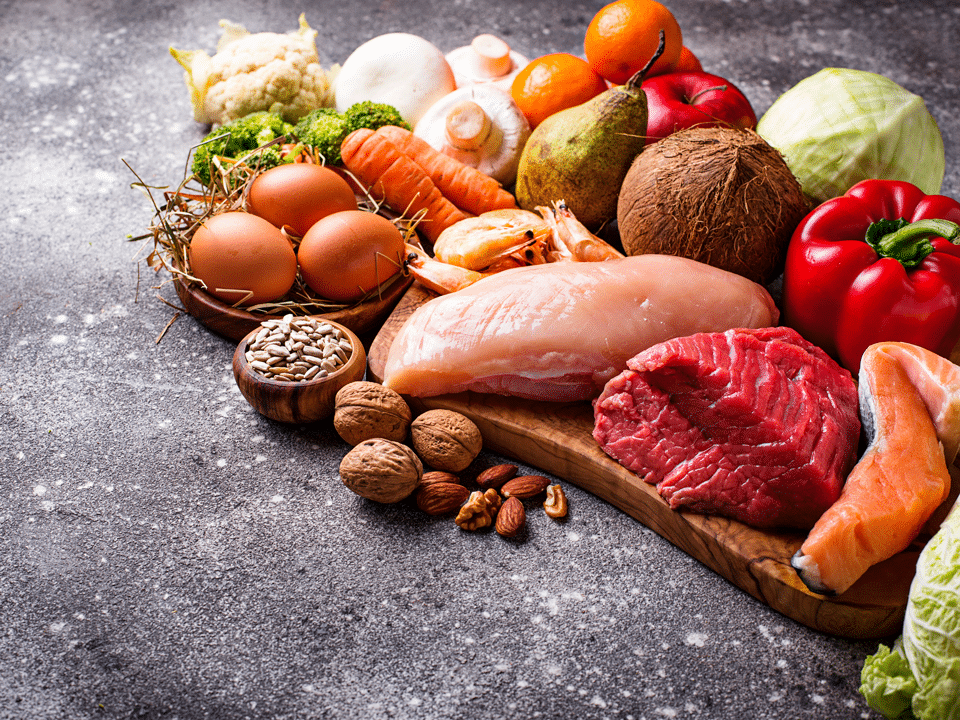
Carbohydrates Versus Protein & Fat for Energy
When fed a complete and balanced diet, carbohydrates can help provide some of the key ingredients for a dog’s happy and healthy life. A dog’s body can break down protein, fat and carbohydrates for energy. However, there is a difference between the energy provided by carbohydrates and the energy that is found in fat and protein.
Carbohydrates are relatively simple to break down and extract energy. Your dog’s body breaks down carbohydrates first and only breaks down the other nutrients when there are no carbohydrates left.
When your dog’s body processes protein for energy, it must first break it down into small chains of proteins called peptides, then break those down into amino acids, then use even more energy to break those amino acids into glucose for energy the body can use. You can read more about this on our Research & Development page that discusses protein hydrolysis.
Though many dog owners buy into the concept of feeding their dog lots of protein, its primary benefit is in providing amino acids to build the dog’s body. Carbohydrates are the most effective source of energy.
Domesticated dogs are omnivores, and they should be fed accordingly, with carbohydrates in dog food doing their part in helping the dog live a long, happy and healthy life.
Here at GA Pet Food Partners, we have a team of expert nutritionists who are dedicated to creating the perfect recipes for both cats and dogs. With years of expertise and dedication, a pet’s health is at the heart of everything we do.

Emma Hunt
GA Pet Food Partners Pet Nutritionist
Emma has an undergraduate in Animal Behaviour and Welfare and subsequently completed a Masters in Veterinary Public Health at the University of Glasgow. Following this, she worked in the agri-food industry for several years and kept her own sheep flock before joining GA in 2021. Emma enjoys training and competing in strong woman, or spending time with her much-loved collie Lincoln.
You may also like...
Article written by Emma Hunt
The Pros and Cons of AI in Pet Retail
You may have frequently encountered the term “AI” or “AI technology” in the media. From unlocking your phone using Face ID, asking for directions on your [...]


